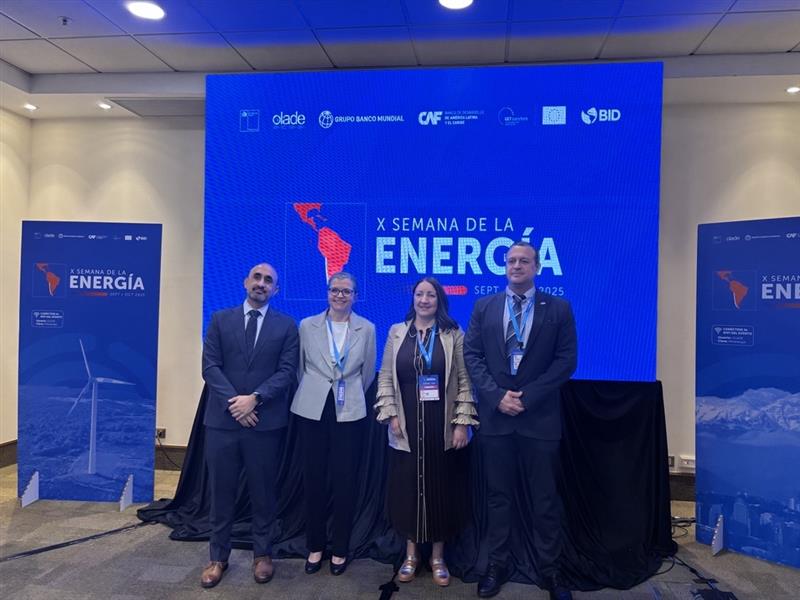New IPCC report: Urgent decarbonisation needed to limit global temperature rise
The Intergovernmental Panel on Climate Change (IPCC) has released a new report, Climate Change 2021: The Physical Science Basis, providing the most detailed update yet about threats to the planet caused by climate change.

The report warns that commitments made in the Paris Agreement to limit global temperature rises to 1.5°C and 2°C will not be met unless greenhouse gas emissions are sharply reduced in the coming decades.
Human induced climate change is shown to already be affecting weather systems and climates in every region across the world, with warming, extreme heatwaves, precipitation events and flooding likely to increase in frequency over the coming years.
Secretary-General of the United Nations António Guterres said: “Today’s report is code red for humanity. Global heating is affecting every region on Earth, with many of the changes becoming irreversible.”
Responding to the report, the International Hydropower Association (IHA) said the solution to these potential problems lies with the decarbonisation of the global energy grid. With strong and sustained reductions in greenhouse gas emissions, climate change can be limited. However, urgent action must be taken with hydropower playing a key role in the clean energy transition.
IHA Chief Executive Mr Eddie Rich said: “There is no time to waste. Every day in the news, we can see that the world is already facing severe effects from climate change. Global energy systems must rapidly decarbonise.
“The world urgently needs more wind and solar. It also needs to plan for what happens when the wind doesn’t blow and the sun doesn’t shine. Sustainable hydropower is a nature-based back up to wind and solar, it complements batteries and it generates energy in its own right.
“However, the long lead times required to develop sustainable hydropower projects mean that hydropower’s potential cannot be unlocked at short notice. We must get the ball rolling now or risk relying on fossil fuels to pick up the slack.
The International Energy Agency (IEA) recently released its Hydropower Special Market Report which called for a huge increase in hydropower ambitions to reach net zero emissions by 2050.
The IPCC’s new report indicates that irregular weather events could be set to increase in frequency in its modelled scenarios. This combined with expected rising temperatures across the planet means that new and existing hydropower developments must be effectively developed and monitored to ensure their efficiency is not hampered by dramatic changes to the climate.
IHA’s Hydropower Sector Climate Resilience Guide, published in 2019, offers a methodology for identifying, assessing, and managing climate risks to enhance the resilience of hydropower projects.
The 2021 World Hydropower Congress, between 7 and 24 September, will host sessions on renewables working together, climate mitigation, climate resilience and more. Register for the free to attend congress now.








.jpg)

